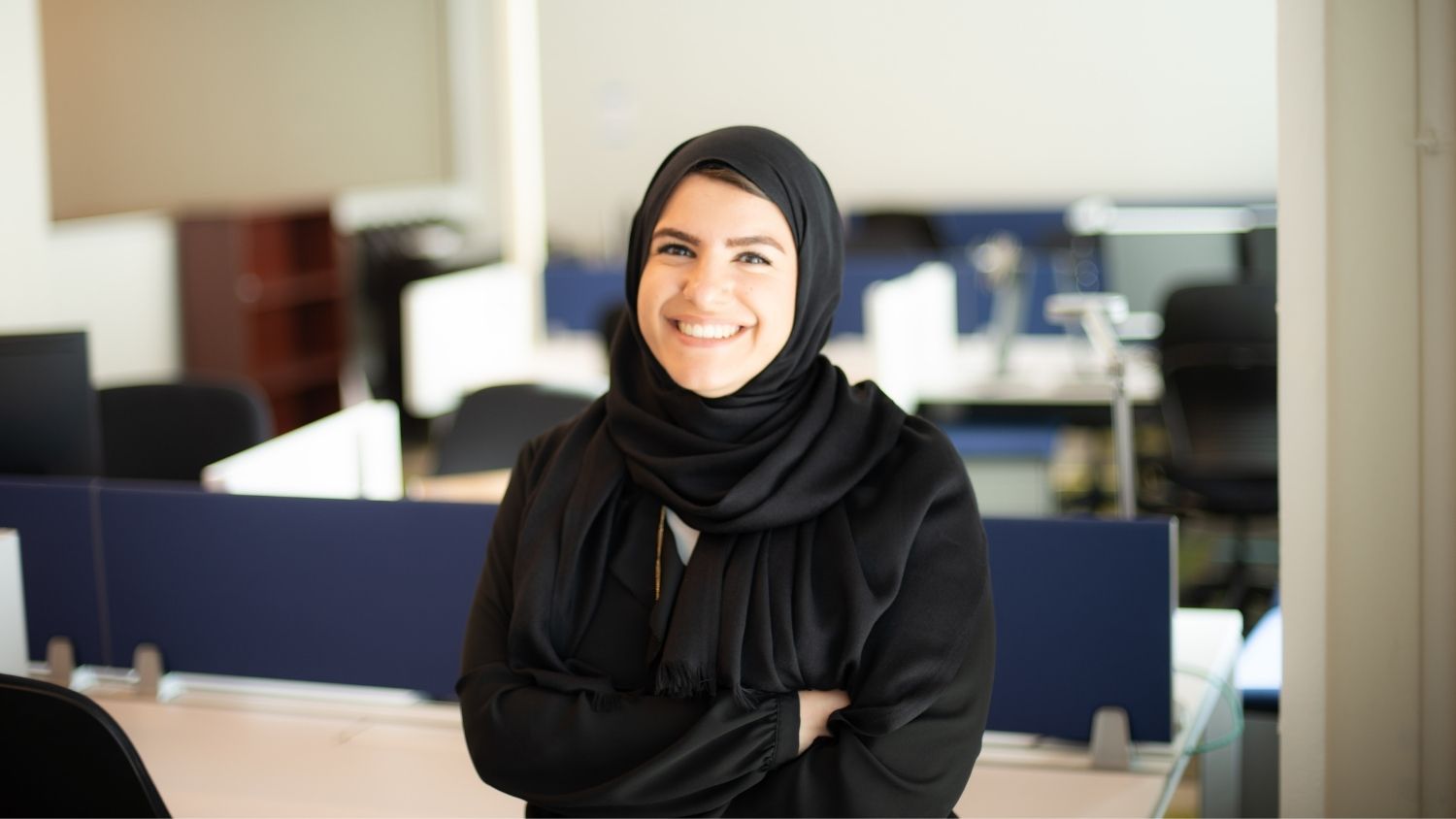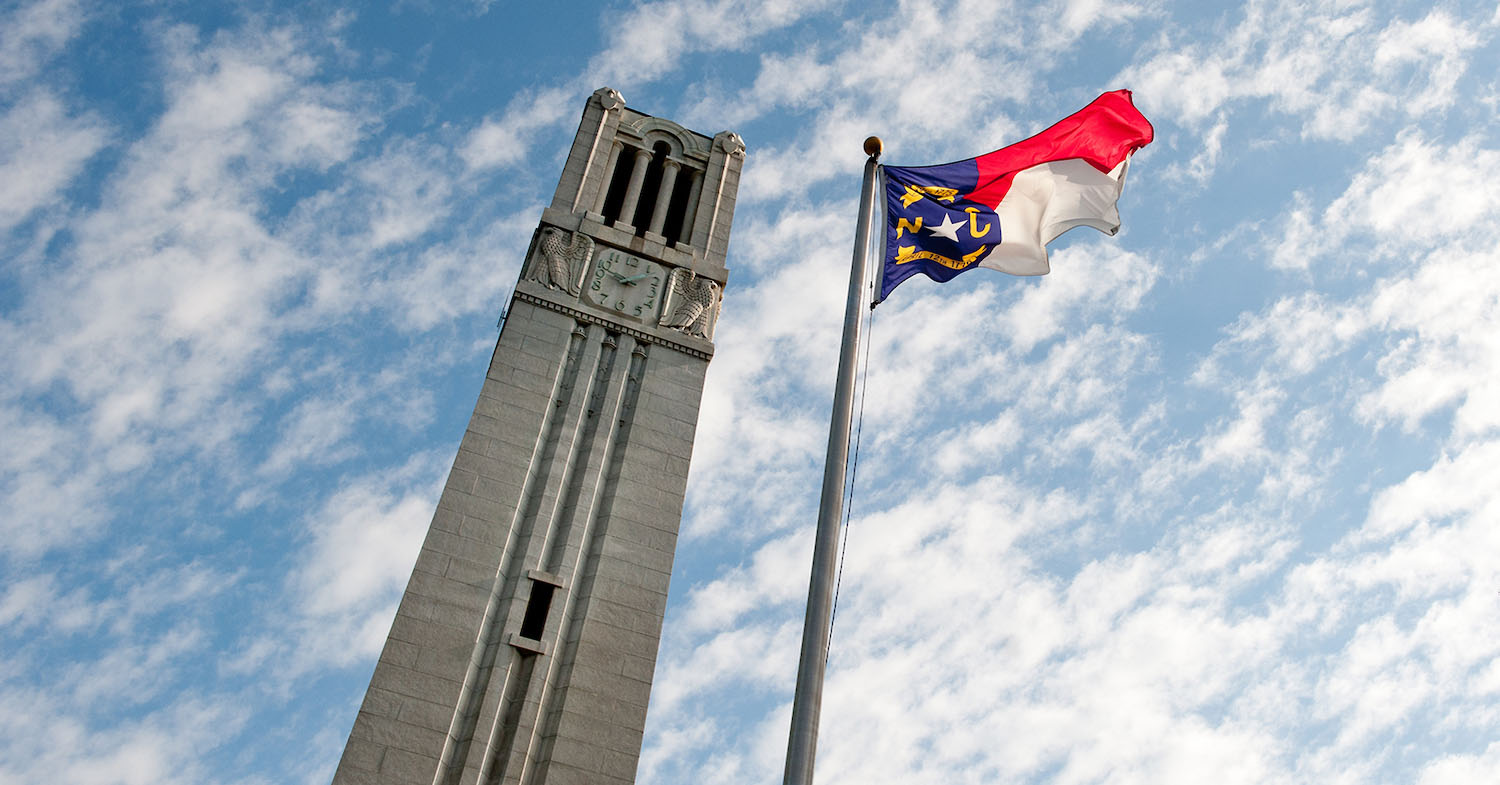5 Questions with Doris Duke Conservation Scholar Eanas Alia

Eanas Alia graduated in May 2016 with a degree in environmental technology and management and minors in biological sciences and environmental toxicology. She is now working as an environmental analyst at Kimley-Horn, a planning and design consulting company.
While at NC State, Alia participated in the Doris Duke Conservation Scholars Program (DDCSP), a program for undergraduate students who are passionate about conservation and diversity in the conservation field. During her time in the program, Alia researched saltwater wedges in Puerto Rico and worked as a laboratory technician for the South Florida Water Management District. We reached out to Alia to learn more about her time in the program and what drew her to conservation.
What sparked your interest in conservation?
Conservation is a big element of my beliefs and responsibility to be a steward of the land. My mother came from a farming family, so there was an integral part of respect and acknowledgment of the importance of conservation for all living things. Water quality and land management are the conservation issues that interest me most. They are critical to survival and are a right for every human as far as food, water and shelter.
Why did you choose your major?
I took a water quality lab with Ms. [Terrie] Litzenberger that changed my whole outlook on what I wanted to do and accomplish in my career. I originally started at NC State with biomedical engineering, and after taking a semester to explore other options I was hooked on environmental technology and management. The class was taught in a way that involved a hands-on approach to analytical science, which is exactly what I didn’t know I needed.
What was your favorite experience as a Doris Duke scholar?
Experiencing the many fields within the larger conservation dome. My cohort traveled around North Carolina and Puerto Rico during the summer of 2014. We participated in Stone Mountain Trout Day, conducted a bird count in the mountains of Tennessee, studied American oystercatchers at Cape Hatteras, and did research and collected samples in Puerto Rico. To say it was life changing is an understatement. You can imagine the different scientists we got to meet, and the amount of cultural and natural experiences that took place within such a diverse summer. It was hard to pick just one experience, but that first summer in the program will always be one of the best summers of my life.
How do you hope to promote diversity within conservation?
Advocating for and challenging the discussions around conservation is how I hope to promote it. There are many ways to conserve and protect our environments, and one of the best ways to do that is to engage in conversation and skill exchange between different people from different backgrounds and cultures. I believe in a community-based approach to changing the narrative around conservation, and being a part of the Doris Duke Program reinforced that line of thinking for me.
What are your goals or plans for the future?
My plans for the future include pushing for more programs like DDCSP to encourage opportunity and increased possibilities in conservation. I have a passion for one-on-one connection through conservation education, so I can see myself taking time to follow that path and engage in opportunities for environmental education. It is hard to get your foot in the door without the proper network, so I hope to help break down that barrier for anyone that needs it too.
- Categories:


